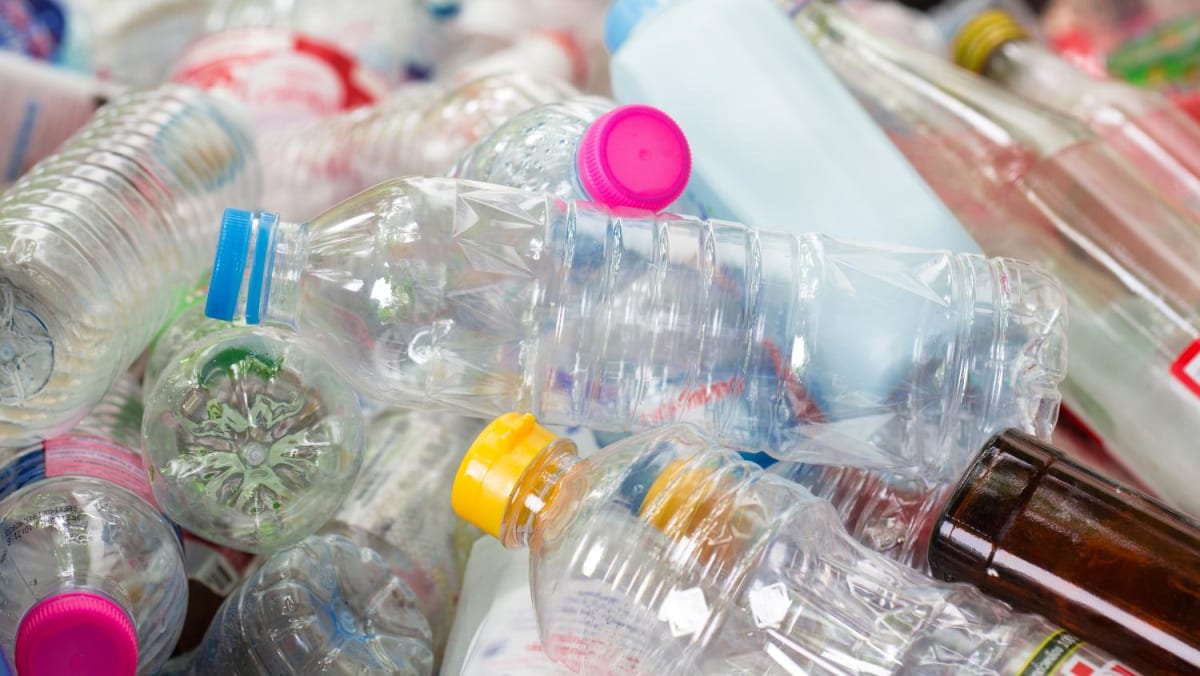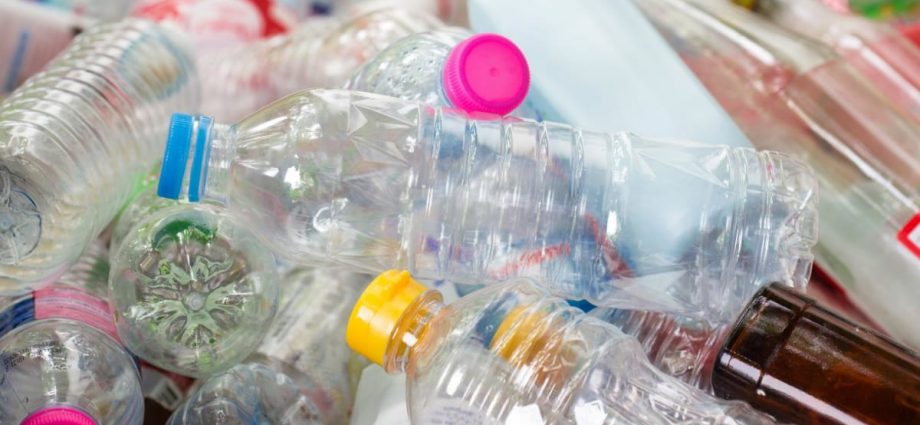
Consumers are encouraged to lightly rinse the containers before returning them, NEA said, noting that reverse vending machines overseas are able to reject bottles or cans that are not empty.
Restaurants and hawker stalls will likely be given the flexibility to choose to return the containers and collect the deposit themselves instead of passing it on to their customers, NEA said. There may also be separate return points for businesses or scrap dealers – better known as karung guni in Singapore – that have a large number of containers to return.
WHEN DOES IT START?
Producers will start supplying products with the Singapore deposit mark and barcode on them from Apr 1, 2025.
But beverages without the mark may still be sold until Jun 30, 2025 as part of a transitionary period so that older stock can be cleared.
By Jul 1, 2025, all drinks sold in bottles or cans within the size limits must be labelled with the mark and barcode, and sellers must collect the 10-cent deposit.
“While we want to move quickly to facilitate a shift towards a more sustainable way of doing business, we understand that the industry needs time to plan and set up a robust and effective scheme,” Dr Khor said.
WHAT ARE THE GOALS OF THE SCHEME?
For the first and second years after the scheme takes effect, the target return rate of beverage containers will be 60 per cent and 70 per cent respectively.
From the third year onward, the target return rate will be 80 per cent.
“At the steady state of 80 per cent, this is estimated to amount to around 800 million beverage containers collected for recycling annually,” Dr Khor said.
Countries that have implemented similar schemes have seen return rates increase significantly, NEA said. Germany’s return rate stands at 98 per cent, and Norway’s return rate is 92 per cent.
Singapore’s scheme operator, which is expected to be a not-for-profit organisation, will be responsible for meeting these targets. If the target is not met, the scheme operator faces a financial penalty of up to S$500,000.
Up to one-third of the scheme operator’s key appointment holders, such as members of the board of directors, will need to be approved by NEA.

